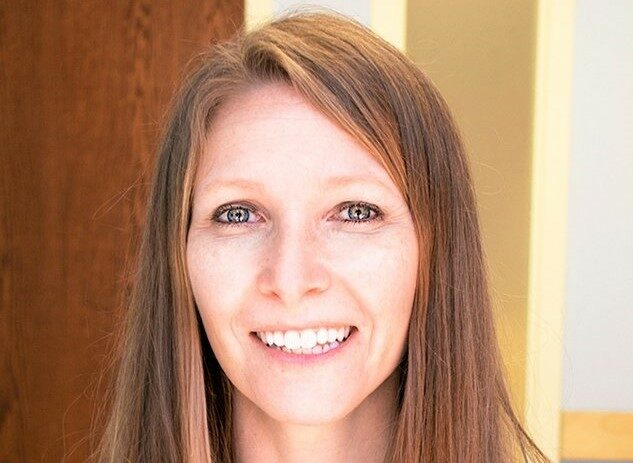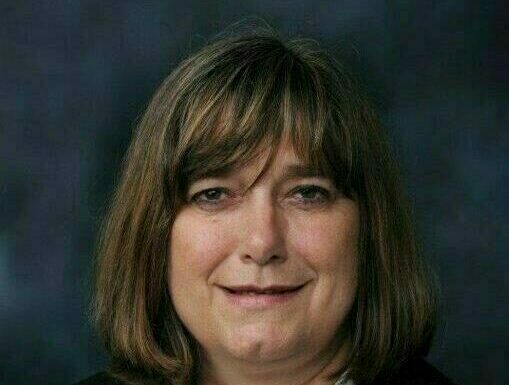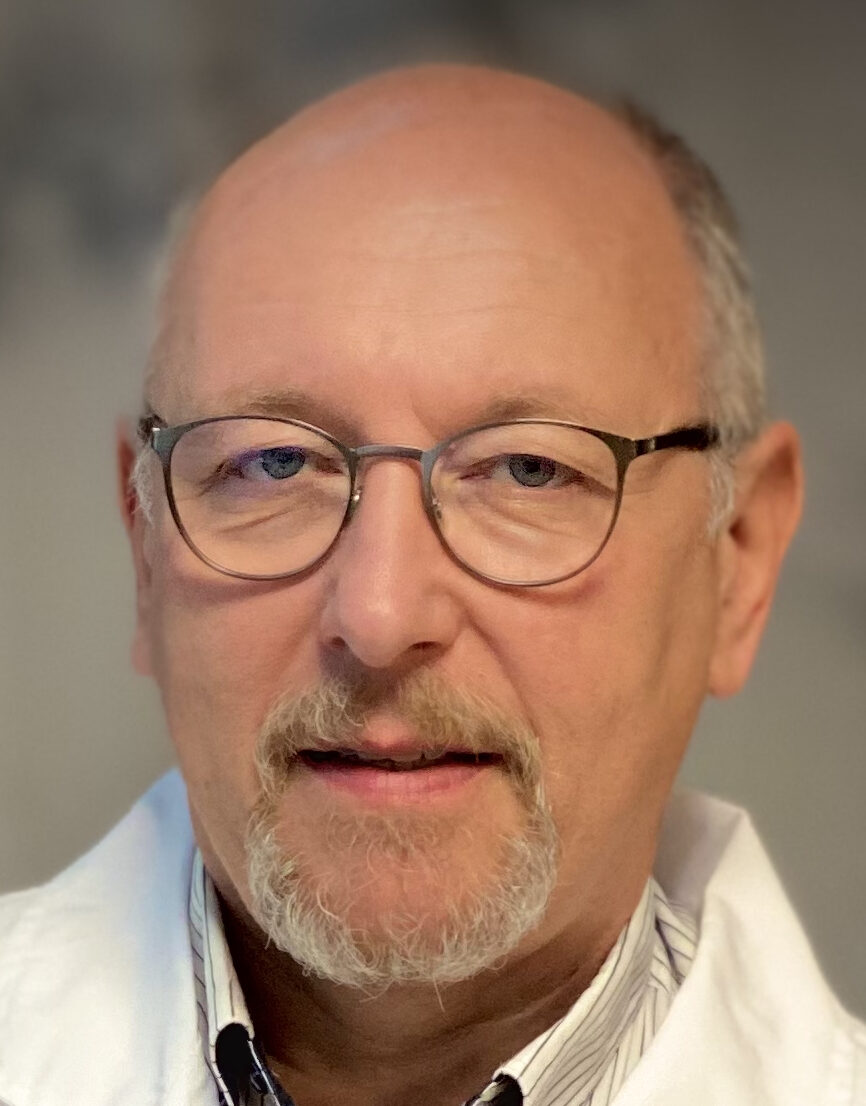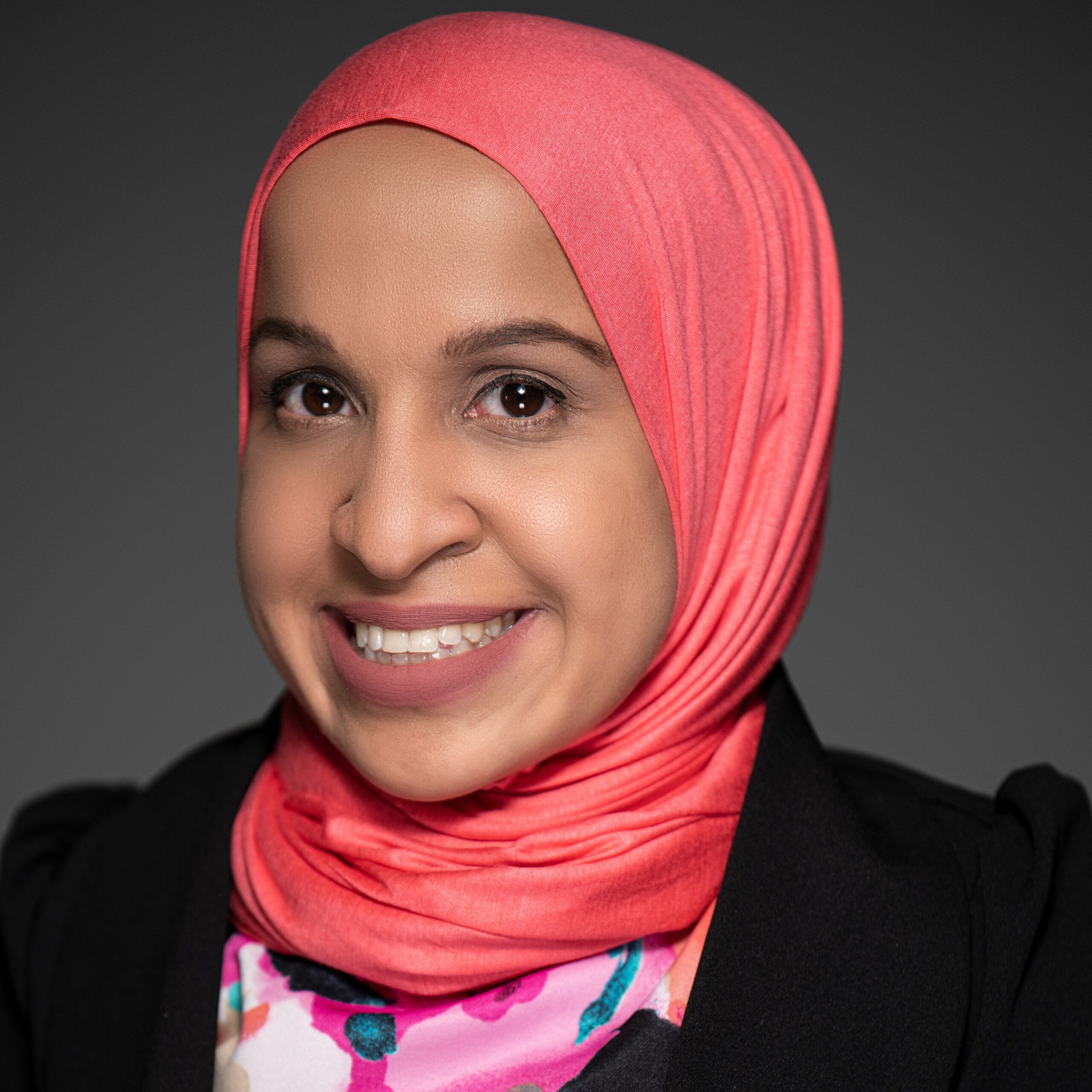touchMDT Multidisciplinary insights on the symptoms, diagnosis and modern medical management of Duchenne muscular dystrophy
A multidisciplinary team and a patient advocate discuss the symptoms, diagnosis and modern medical management of Duchenne muscular dystrophy
Overview & Learning ObjectivesPatient with Duchenne muscular dystrophy
Paediatrician, neurologist and patient advocate
A paediatrician, a neurologist and a patient advocate who is the parent of a patient with Duchenne muscular dystrophy, discuss the traditional and non-traditional signs and symptoms of the condition.
Expert Spotlight
Dr Laura Kauffman, Prof. Nancy Kuntz and Mr Filippo Buccella discuss the clinical signs and symptoms of Duchenne muscular dystrophy, including non-traditional symptoms, and recognizing when to refer patients from primary to specialist care.
Learn More Back to MDT HubNeurologist, geneticist and patient advocate
A neurologist, a geneticist and a patient advocate who is the parent of a patient with Duchenne muscular dystrophy discuss the key considerations for the diagnosis of Duchenne muscular dystrophy and pre-symptomatic screening for the condition.
Expert Spotlight
Prof. Nancy Kuntz, Dr Nadia Merchant and Mr Filippo Buccella discuss the key considerations for the diagnosis of Duchenne muscular dystrophy and pre-symptomatic screening for the condition.
Learn More Back to MDT HubPaediatrician, geneticist and neurologist
A paediatrician, a geneticist and a neurologist discuss established treatments and the role of the multidisciplinary team in the management of Duchenne muscular dystrophy.
Expert Spotlight
Dr Laura Kauffman, Dr Nadia Merchant and Prof. Nancy Kuntz discuss established treatments and the importance of the multidisciplinary team in the management of Duchenne muscular dystrophy.
Learn More Back to MDT HubNeurologist and geneticist
A neurologist and a geneticist discuss the novel pharmacological and gene therapies that are available or emerging for the management of Duchenne muscular dystrophy.
Expert Spotlight
Prof. Nancy Kuntz and Dr Nadia Merchant discuss the novel pharmacological and gene therapies that are available or emerging for the management of Duchenne muscular dystrophy.
Learn More Back to MDT Hub





